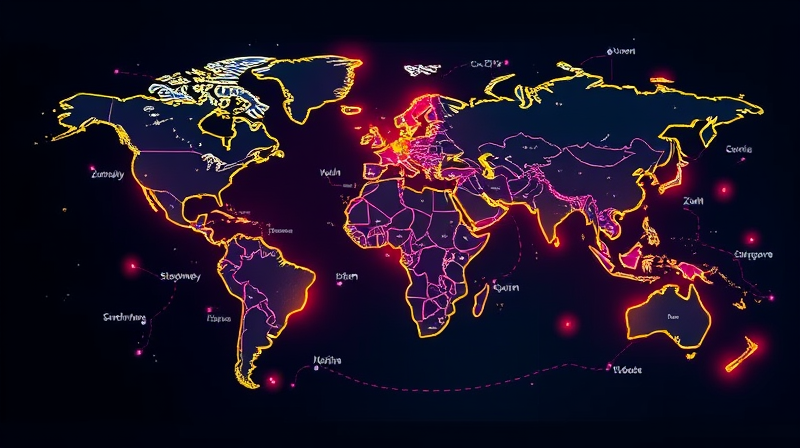
As mid-2025 unfolds, financial institutions find themselves at a crossroads. Sweeping changes in policy, technology, and geopolitics are reshaping the rules of engagement. Leaders must adapt swiftly to thrive in this evolving environment.
The year 2025 marks a period of regulatory transformation shaped by shifting political landscapes. In the United States, the balance of power between parties will dictate the intensity of oversight. Changes in presidential administration and agency leadership could tilt outcomes toward stricter enforcement or selective deregulation.
Beyond U.S. borders, growing global regulatory divergence is evident. Nations prioritize domestic resilience over international harmonization, driving a patchwork of rules that banks must navigate. Geopolitical tensions—especially between the U.S. and China—have intensified scrutiny on cross-border stability and financial security.
Regulators worldwide have identified several critical domains for enhanced supervision in 2025. Firms must realign strategies to meet fresh expectations while preserving operational agility.
First, risk management and governance remain at the forefront. After the regional bank failures of 2023, authorities demand renewed scrutiny on risk culture and remediation plans. Boards are required to ensure strong alignment between governance frameworks and business objectives, reducing the likelihood of systemic shocks.
Second, operational resilience has emerged as a non-negotiable standard. Institutions must demonstrate the capacity to withstand sudden disruptions—be it cyberattacks or liquidity squeezes—while safeguarding critical infrastructure and minimizing contagion from non-bank entities.
Finally, consumer protection continues to gain momentum. Regulators are tightening disclosure mandates to foster transparency and rebuild trust. Focus areas include financial inclusion, fair lending, and advanced fraud prevention measures aimed at protecting retail customers.
The intersection of regulation and technology—RegTech—offers both opportunities and challenges. Agencies are closely monitoring the rapid adoption of artificial intelligence to ensure transparent governance and evidence of risk controls.
Financial institutions face the delicate task of balancing innovation with compliance. While advanced analytics and AI-driven tools can streamline reporting and risk assessments, they also introduce novel vulnerabilities that demand robust oversight.
Payment modernization remains another high priority. Global initiatives such as ISO 20022 and SEPA Instant Payments impose strict deadlines for system upgrades. For example, Fedwire’s migration to the ISO 20022 standard has been rescheduled for July 2025, compelling banks to accelerate connectivity enhancements under tight timelines.
International bodies like the Financial Stability Board and Basel Committee push for harmonized capital and anti-money laundering standards. Yet, local jurisdictions continue to issue bespoke regulations that reflect domestic policy goals.
This fragmentation augments compliance complexity. Banks must build adaptable models capable of satisfying both global benchmarks and nuanced local requirements. The result: increased operational costs but also potential first-mover advantages for institutions that master multi-jurisdictional reporting.
In 2025, enforcement strategies are evolving. U.S. authorities may scale back high-profile settlements tied to individual accountability, but overall expectations for risk controls and internal governance will intensify. Supervisors are unlikely to ease their stance despite any deregulatory rhetoric.
Institutions should act decisively to reinforce their compliance posture. Key recommendations include:
Looking ahead, scenario planning is indispensable. Firms must anticipate multiple regulatory and geopolitical trajectories, preparing contingency plans for divergent policy outcomes.
While heightened regulation presents risks, it also opens doors for competitive differentiation. Agile institutions that invest in advanced analytics, form strategic partnerships, and deliver superior customer experiences can capitalize on reforms.
Engagement is another vital lever. By participating in industry forums and consultation processes, firms can influence the design of emerging frameworks, ensuring that new rules balance stability with innovation.
To translate strategy into action, consider these key steps:
As 2025 unfolds, the regulatory landscape will remain dynamic and multifaceted. Financial institutions that embrace proactive engagement with policymakers and invest in resilient technology will navigate these shifts with confidence.
By forging a strong compliance culture, leveraging RegTech, and planning for multiple scenarios, organizations can transform regulatory challenges into strategic advantages. The path forward demands vigilance, agility, and an unwavering commitment to integrity in a world where rules continue to evolve.
References













